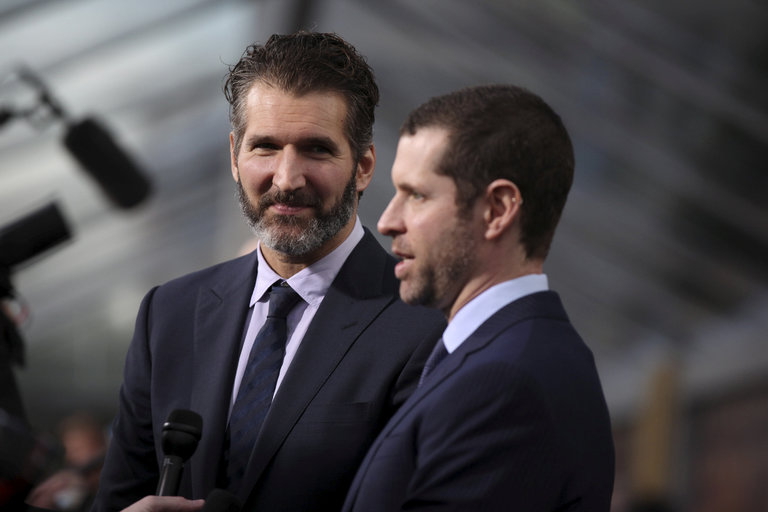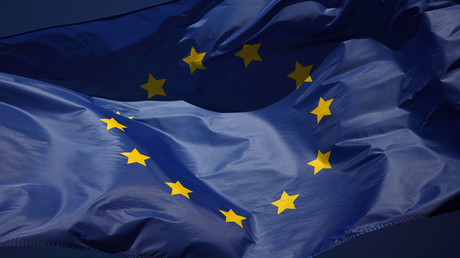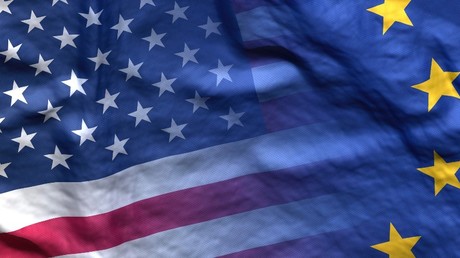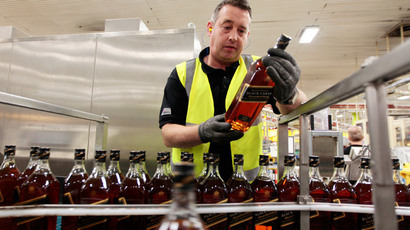Mr. Zaslav outlined how Discovery has the chance to expand Scripps’s content to more than 220 countries and territories and to create new services for mobile and streaming. In addition, the union is expected to provide $350 million in cost savings.
The announcement came amid sweeping consolidation in the telecommunications and media industries. Over the past several years, cable and broadband providers including Comcast, Charter, Verizon and ATT have steadily increased their market presence. By acquiring Scripps, Discovery will gain added scale that will give it more leverage during negotiations with advertisers and cable and satellite distributors. Discovery is backed by the telecom billionaire John C. Malone, who has advocated industry consolidation.
Still, news of the transaction was met with skepticism on Wall Street, with Discovery’s stock price plunging about 8 percent on Monday. Both companies released second-quarter earnings on Monday that, according to some analysts, revealed how the companies were merging from a position of weakness rather than strength. Discovery missed expectations for revenue growth, while Scripps reported weak advertising results and lowered its full-year revenue guidance.
Michael Nathanson, an analyst with MoffettNathanson Research, said he did not believe that the deal would change the long-term prospects of the companies.
“This shotgun marriage is a clear sign that the cable network industry has seen the future, and that future requires deep cost cutting and increased scale to mitigate both the current headwinds and the inevitable painful changes that lie ahead,” Mr. Nathanson wrote in a research note.
“Without any material improvement to current ratings and subscriber trends, the timing and cost for Discovery to double down in the U.S. will likely look foolish in hindsight.”
Newsletter Sign Up
Continue reading the main story
Thank you for subscribing.
An error has occurred. Please try again later.
You are already subscribed to this email.
The Discovery-Scripps deal has been in the works for a long time. About nine years ago, Discovery approached Scripps about a potential deal, Mr. Zaslav said. But the Scripps family’s shareholders, who control roughly 92 percent of the broadcaster’s voting stock — and who vote as a group — were not yet ready to sell.
In 2014, the companies started talking again, but those discussions fell apart over a range of issues, including price. Discovery shifted gears and focused on expanding its international footprint, making deals to buy Eurosport, SBS Nordic and other programming rights.
Advertisement
Continue reading the main story
All the while, Mr. Zaslav stayed close with Kenneth W. Lowe, the chief executive of Scripps Networks Interactive. The two men have been friends for nearly 30 years, sneaking away from industry conferences for steak dinners, and they have gone on vacations with their wives together, including a trip to Rome a few months ago. Both men were inducted into the Cable Hall of Fame in April.
It was about six weeks ago that Mr. Zaslav decided that Discovery should take another look at Scripps after a meeting with his head of content for Latin America. The executive asked Mr. Zaslav if he knew Mr. Lowe, explaining how a deal to distribute Scripps programming across Discovery’s Home Health network in that region was providing a significant boost and that they could use more.
The next morning, Scripps came up again during a discussion Mr. Zaslav was having with Group Nine, the digital media company in which Discovery invested $100 million. Mr. Zaslav asked about the Tastemade video network, which led to a discussion about Scripps’s significant presence in the food category on emerging services like Snapchat’s Discover.
“We took another look at those assets and put it through our filter: Do they help us in the U.S., do they help us internationally, and do they help us in the new world?” Mr. Zaslav said.
The answer was yes. So in July, at the Allen Company media and technology conference in Sun Valley, Idaho, Mr. Zaslav approached Mr. Lowe, once again, about a deal.
In pursuing Scripps, Discovery also faced competition from its rival Viacom. But Discovery was able to convince the Scripps family to agree to a deal valued at about $90 a share, or roughly 34 percent more than the price of Scripps’s stock before reports emerged about a potential sale. The transaction — made up of $63 a share in cash and $27 a share in Discovery common stock — includes the assumption of $2.7 billion of Scripps’s net debt. The companies say they expect the transaction to close early next year, subject to shareholder and regulator approval, and Mr. Lowe is expected to join Discovery’s board.
“Ken and I have been joking for the last month that maybe the third time will be the charm,” Mr. Zaslav said.
Continue reading the main story
Article source: https://www.nytimes.com/2017/07/31/business/dealbook/discovery-scripps-acquire-viacom.html?partner=rss&emc=rss






